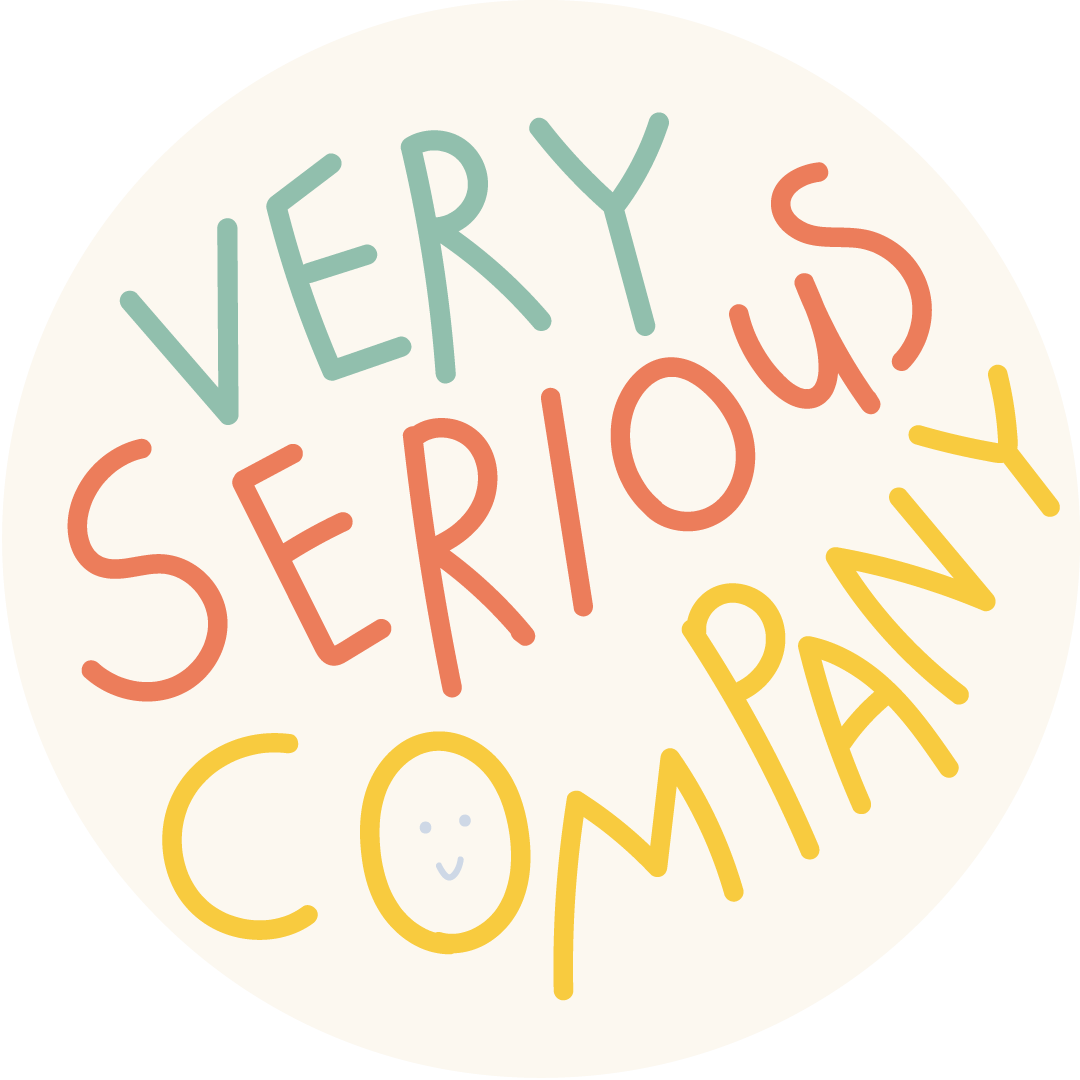Friday Sock Co.

Friday Sock Co. was established in the spring of 2014 and launched in January 2015 in Calgary, Alberta Canada. The company was born from the desire to create uniquely different sock designs that didn’t exist in the marketplace. We continue to strive to create one of a kind sock patterns that make people smile. At our core, we just want to make fun socks, in a responsible way, while giving back to the community and beyond.
Each pair of our purposely mismatched socks are designed in Canada, and ethically made in Italy. Over the years we have been fortunate to get to know the people who make our socks, and visit our factory partner's on an annual basis. We know who makes our product and that's important to us. When you purchase our socks you're also supporting a small family owned factory who cares about quality and craftsmanship.
Our socks are made using high quality Certified Eco-Friendly Egyptian Combed Cotton; our Friday Kids line is made from G.O.T.S. certified Organic Combed Cotton. We also have a recycled cotton collection that is made from pre-consumer cotton and pima cotton. Lastly, our luxury collection is made from high quality mercerized cotton which carries anti bacterial properties and is also anti shrink. Our soft cotton yarns are tested for harmful materials and produced in an eco-friendly environment.
Friday Sock Co. is proud to be an Ethically Made in Italy brand.
Safe Materials
Our socks are made using Certified Eco-Friendly certified Egyptian Combed Cotton yarn.
Eco-friendly
Polyamides left over during yarn production are recycled or re-used.
Quality Craftsmanship
Expertly sewn rosso toe link ensures a no-feel toe seam. Heels and toes are reinforced with cotton to keep them soft. Yarn blend extends inside the top cuff for extra durability and comfort. Sewn thread closure on all labels.
Small Batch Socks
Our socks are made in small batches which helps to ensure quality control.
*Our Certified Eco-Friendly is a comprehensive, third-party testing and certification system for textile products at all stages of production. Textiles can only be certified if all components meet the specified requirements. Test criteria are updated annually and go far beyond existing legal regulations.
